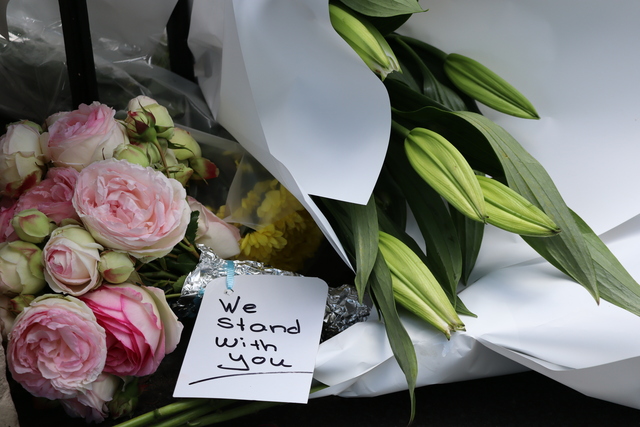By Elizabeth Hart
IT SEEMED so quiet on the streets of Melbourne in 2001 when the first member of the Lopit tribe arrived from southern Sudan.
To Arkangelo Lohine it was as though no one lived close enough together.
For a while, he didn’t sleep much, fearing how easy it would be for someone to smash the glass in the wide windows of his Dandenong house.
“Soon I learned safety was the way of life here,” Arkangelo recalls.
The churches in Dandenong became the centre of Arkangelo Lohine’s new family and friendship network.
The Lopit people are Sudanese Christians, a group so small that a May 2006 study estimated there to be fewer than 20 in Victoria.
Since then, the numbers have grown slightly. By 2001 there were only three Lopit families in the Dandenong area. Now there are about seven, Arkangelo says. Lopit is the name of the language and of the tribe.
They are dancing. They are singing. The Sudanese Catholic choir that Arkangelo helped start in 2003 appears at multicultural festivals in Melbourne and the regions.
Their music is gospel. Twice a month the choir performs at Mass at St Mary’s and St Gerard’s churches in Dandenong.
The African dance group of the Lopit Community Association of Australia, which Arkangelo represents, appears at multicultural festivals with an African flavour, performing their harvest dance of joy in the seasons.
Six women, six men, four young men and five drums make up the dance troupe, and they are looking for more to join in.
“Different tribes have different dances,” Arkangelo explains.
“We are free, we are happy and we want to show we have something uniquely our own.”
Through these performance groups Arkangelo hopes to continue the traditions of his people.
“I want to show the Australians that this is what we are, this is our culture.”
A teacher’s aid at St Gerard’s Catholic school, Arkangelo and his family are now active in their new community, representing their people.
No refugee likes relocation. Arkangelo wanted to stay where he was born, in peace. Instead he had to hop countries.
After studying at university in Egypt he returned to Sudan in 1989 but struggled to find work. Life itself was a risk. A journey across the desert to Libya led to a job teaching English language at a secondary school. After five years he had to leave there, too.
Egypt in 1997 needed English teachers. So Arkangelo worked there for a year for a private Catholic school then joined a shipping company as communications officer in customer service. The decision to migrate to Australia was imminent.
A lifetime interest was developing in those earlier years. Arkangelo had cared for southern Sudanese displaced students in Khartoum and he had for a long time been hoping to find a way of moving children out of the refugee camps in Kenya. He still has the same dream in Australia.
“There are more than 100 families and more than 300 children (Lopit) in camps. If only the Immigration Minister would just give us a chance to bring more people here.
“In Africa there is no peace.”
The Australian Government’s recent closure of the African refugee intake closes the door on those at risk, he says. But the Africans in Australia have little influence on policy.
“We are a small tribe with no people in high positions here.”
With endurance in 2003 and 2004, Arkangelo did succeed in bringing his brother from Kenya, then the family, then his uncle’s family from Egypt. Thus the Lopit people began arriving in Melbourne.
Drum beat draws tribe together
Digital Editions
-

Lions get three on the trot
Purchase this photo from Pic Store: 525933 Pakenham’s momentum is rolling into the second half of the season after the Lions picked up their third…





